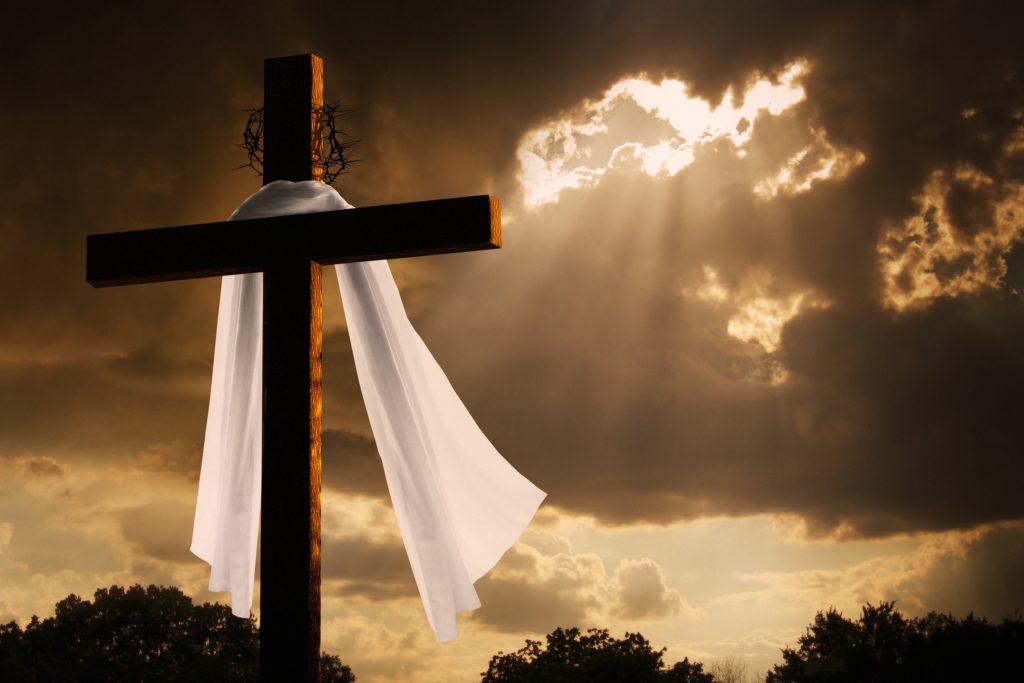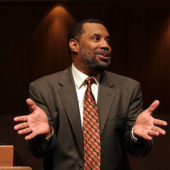Yesterday marked the eleventh anniversary of 9/11. For the families that lost loved ones on that sunny Tuesday morning, their lives will never be the same. I know as I too lost a brother from a terror attack. He’s missing at graduations, weddings and family celebrations. I miss our relationship and at times, wonder how life would be if he was still alive.
We heal, we hurt less, but the loss remains. Sudden loss is unique in that it raises apprehension about the future, can bring on a sense of insecurity and is often hard to grasp because it involves the unexpected. People who experience sudden loss commonly ask several questions:
1. Did it really happen?
It takes time for the full impact of the loss to register. The initial reaction is disbelief, shock or numbness. If you are fired from a job, experience a sudden breakup or lose someone to an accident, the reality is hard to fathom because it is not expected.
2. Could I have done something more—or differently?
“If only…” It’s normal to rehearse various scenarios in our minds as to how we could have prevented the loss. We tend to do this, “If only I had not gone to work that day,” or “If only I had waited 10 more minutes,” “If only I had worked harder, “etc.
3. Am I worthy of living?
“What did I do to deserve to live, to keep my job, to have my house spared by the fire?” This is known as survivor’s guilt.
4. Who can I blame?
When we experience anything out of our control, we want to blame someone or something as a way to make sense of it. Sometimes we misdirect our anger to ourselves. The reality is that sudden loss usually makes no sense to our finite minds.
5. Why do I have to deal with all the medical and legal authorities?
At the time of a sudden death, no one wants to deal with questions from police, coroners, doctors, investigators and other officials. We feel they are invading our private moments of grief, and they are. Yet sometimes these intrusive questions are vital to obtaining needed information. We also feel a sense of morbidity when we deal with funeral directors, the county coroner and others trying to make funeral arrangements. All is necessary, but not always easy.
6. Why can’t I talk to him or her one more time?
Obviously you can’t prepare for sudden loss because you don’t know it’s coming. The last thing said may have been pleasant and loving. Maybe you were able to give a last hug, smile at your child or say I love you. Maybe you had an argument, were hurried that morning, didn’t speak or had to confront a problem. Regrets and unfinished business are normal. Don’t dwell on them. It serves no purpose.
7. God, why?
It’s OK to ask this, and you will, many times. There is no easy answer. Philip Yancey wrote a book, Where is God When It Hurts?, because we ask that question. You may never know, and that’s the toughest part of loss. Job was never told why he experienced such loss. But eventually his faith moved him from WHY to experiencing God. God’s comfort and peace can be ours in the middle of loss. The test is to trust God even when we don’t understand.
Philip Yancey once to trust a God who can redeem what seems unredeemable. We mourn and we don’t forget, but Revelation 21:4 reminds us that one day, “He will wipe every tear from their eyes. There will be no more death or mourning or crying or pain, for the old order of things has passed away.” And we will once again see those we love.


















